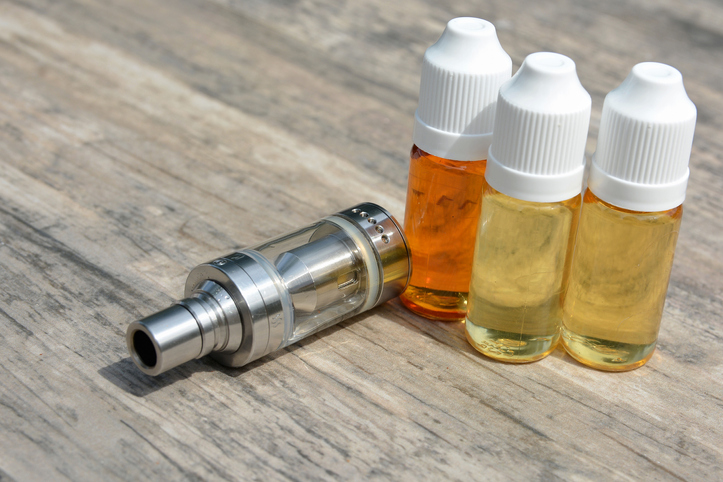Smokers who get advice on vape flavours more likely to quit: report
July 18, 2023

Smokers who receive help to choose a vape flavour and get supportive messages are more likely to quit vaping, a new study has found.
The research, led by London South Bank University in collaboration with the University College London, University of East Anglia, and University of New South Wales, focused on settings where vaping could assist individuals struggling with smoking addiction in quitting the habit.
After a three-month period, 25 per cent of participants had successfully quit smoking altogether, and an additional 13 per cent had managed to cut down their cigarette consumption by more than half.
The key finding was that those who received assistance in choosing an appropriate vape flavour and were supported through text messages were 55 per cent more likely to quit smoking within three months compared to those who did not receive such tailored services.
“Smoking kills approximately 8 million people worldwide every year and even some of the often most effective treatments have little effect on reducing the number of smokers,” Lynne Dawkins, a professor of nicotine and tobacco studies at LSBU, told The Guardian.
“From this treatment, 24.5 per cent were smoke-free after three months and a further 13 per cent had reduced their cigarette consumption by more than 50 per cent. The simplicity of tailored support through flavour advice and supportive messages could have a huge impact in helping people lead smoke-free lives.”
The study investigated five different approaches to increase smoking cessation among participants who were provided with e-cigarettes purchased online. These approaches included personalised advice on product selection, nicotine strength, and flavour, along with brief information on the relative harms of vaping compared to smoking, as well as text message support. Some participants received all of these interventions, while others received only a subset or none at all.
Advice on product selection, nicotine strength, or information about the harms of vaping compared to smoking did not lead to improved quitting rates. Instead, it was the personalized flavour advice and supportive messages that made the most significant difference in helping smokers quit successfully.
A total of 1,214 participants were recruited for the study through social media.
The positive outcomes of the study coincide with the UK government’s recent announcement of a groundbreaking ‘swap to stop’ scheme to provide one million smokers with vape starter kits to aid thme in quitting the habit.
